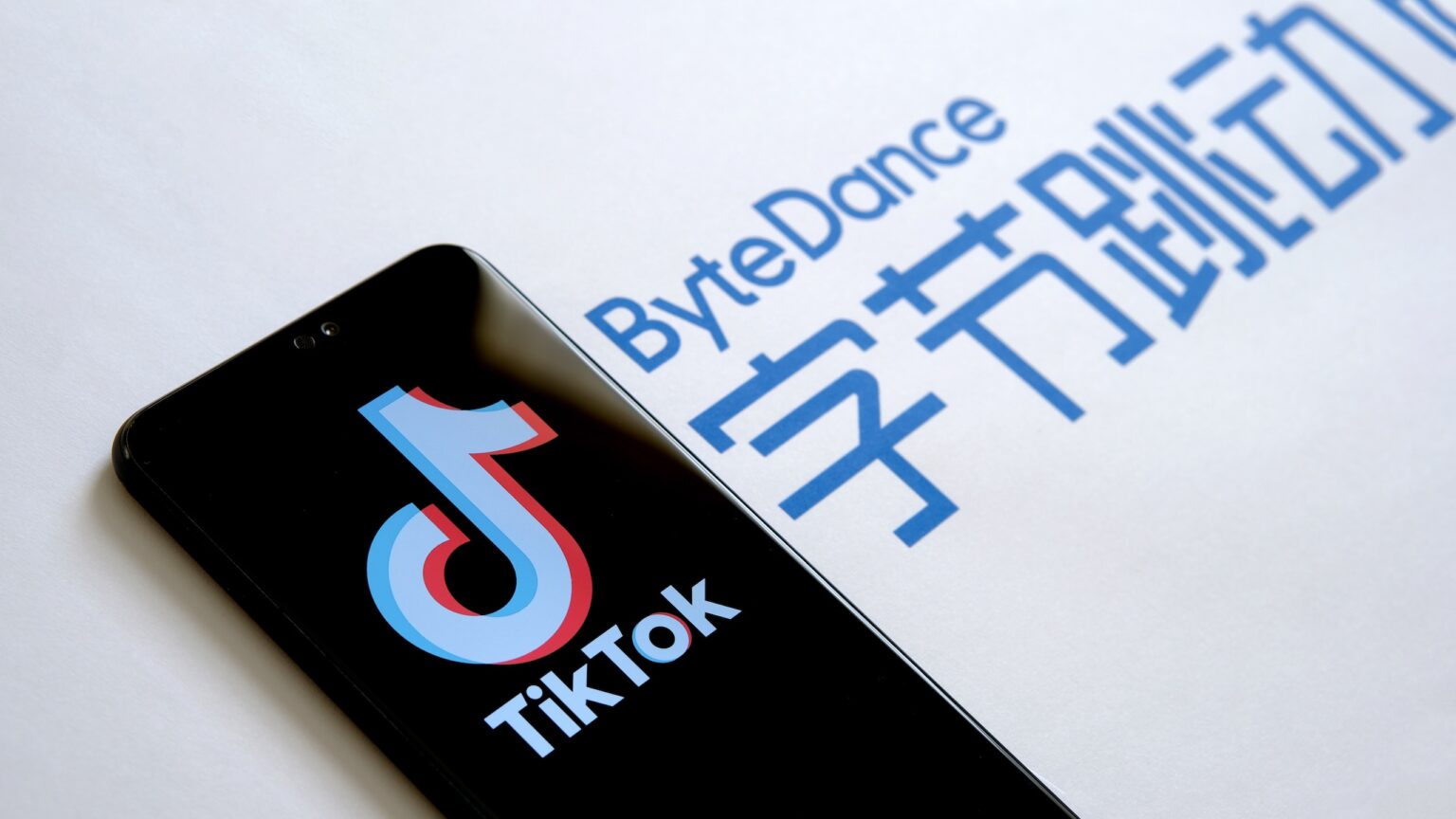Despite facing mounting losses in its fast-growing TikTok business unit, ByteDance managed to surpass China’s long-standing tech giants Tencent and Alibaba for the first time by generating a record underlying profit last year.
ByteDance reported a 79% surge in earnings before interest, tax, depreciation, and amortization (EBITDA) to around $25 billion in 2022 reports Financial Times, citing two people familiar with the matter.
ByteDance is more profitable now than its Chinese tech peers Alibaba and Tencent.
Per @FT, ByteDance sales grew 30% last year to $85 billion, and profits surged 79% to $25 billion.
Worth $300 billion, it's the world's most valuable private company. pic.twitter.com/Jzwi4y6XJt
— Morning Brew ☕️ (@MorningBrew) April 10, 2023
The sales spike was driven by advertisers’ increased spending on TikTok and its Chinese counterpart Douyin, according to the story. The healthy figures saw ByteDance leapfrog China’s listed tech giants, Tencent and Alibaba, in terms of EBITDA for the first time ever, with both companies reporting $23.9 billion and $22.5 billion for 2022, respectively.
Also Read: Why Was TikTok Fined $16 Million in the UK?
It appears that mounting security concerns about TikTok haven’t hit ByteDance where it hurts – although much of the TikTok criticism has flared in recent months, i.e. after these figures were posted.
The US government has called for a nation-wide ban for TikTok. In a recent congressional hearing, the company’s CEO Shou Zi Chew defended the app, stating that it would remain free from government manipulation.
Shou Zi Chew argued that TikTok put measures in place to protect teenagers. He said the algorithms make young users watch STEM videos (science, technology, engineering and math), and these had been viewed 116 billion times.
He also said ByteDance is not owned nor controlled by… pic.twitter.com/Uf4hz1nVak
— Mario Nawfal (@MarioNawfal) April 1, 2023
If TikTok were to face a forced sale or ban, it could severely impact ByteDance’s potential earnings.
Although the company generated around 80% of its revenues in China last year and TikTok itself was loss-making, it still represents a vital future profit engine for ByteDance.
‘TikTok ban will not affect profit’
According to one US-based ByteDance investor, a potential TikTok ban would not severely impact the company’s financials considering their current earnings.
“TikTok is not as material a percentage of ByteDance’s total revenue as people assume. But the ban would be a real loss to future potential given its growth rate,” said the investor.
ByteDance’s international business, including TikTok, saw a surge in sales to about $15 billion last year, more than double the figure from the previous year.
Meanwhile, a separate investor revealed that ByteDance’s revenues in China reached around $70 billion. However, the company did not disclose its revenue or profitability figure and declined to comment to FT.
ByteDance was founded Zhang Yiming in 2012 and was valued at approximately $300 billion last year.
Did ByteDance spend over $1bn to promote TikTok?
Brendan Gahan, a partner and chief social officer at independent creative agency Mekanism, stated that the Chinese company spent over $1 billion only in the US to promote TikTok back in 2019.
“The last social app to gain lasting traction in the US was TikTok. Bytedance spent over $1 BILLION promoting TikTok in the US in 2019,” stated Gahan in a Twitter thread.
According to Gahan, it is likely that ByteDance is conducting small tests to determine which apps translate well to the US market.
TikTok’s sister app surges in the US
ByteDance’s new mobile app, Lemon8, is gaining popularity in the US market despite concerns over the company’s China ties.
With a mix of TikTok-like videos and Instagram-like photos, Lemon8’s aesthetic is more artsy and aspirational, attracting brands in retail, travel, and cooking.
“We’re obviously going to do our best with the Lemon8 app to comply with U.S. law and to make sure we do the right thing here,” said ByteDance’s global general counsel, Erich Andersen.
Its early success highlights the power of Chinese apps over American users and highlights ByteDance’s determination to grow in the US market.
Lemon8 has gained significant traction in Japan and Southeast Asia too, with 17 million global installs since March 2020.
The app has been installed in the US 650,000 times in the past week and a half, according to Apptopia.









 and then
and then